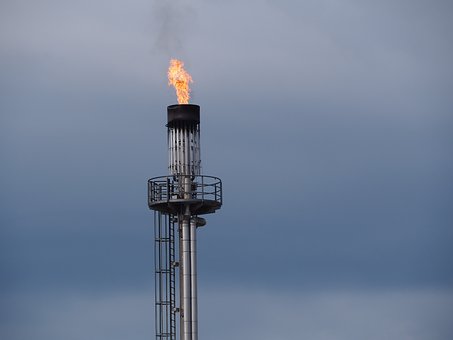U.S. Reinstates Results of Largest Oil Lease Sale Following Inflation Reduction Act

The Bureau of Ocean Energy Management on Sep. 14 announced it has accepted 307 valid high bids from lease sale 257 in the Gulf of Mexico totalling about $190 million. The sale, held in November 2021, offered about 80 million acres, but only 1.7 million were leased.
A January 2022 decision by the District Court for the District of Columbia invalidated the lease sale, holding the Interior Department accountable for underestimating the climate impacts prior to making a decision to conduct the largest oil and gas lease sale in U.S. history. The D.C. District Court, which invalidated all 308 oil and gas leases that received bids, found that the department excluded foreign consumption from its emissions calculation and violated the National Environmental Policy Act.
Lease sale 257 was held in compliance with a Louisiana district court ruling that blocked the Biden administration from implementing a pause on new drilling leases set forth in an executive order issued in January 2021. That ruling found that the pause violated requirements under the Outer Continental Shelf Lands Act to offer areas for oil and gas development. In subsequent developments, the Louisiana court on Aug. 18 issued a permanent injunction preventing the Biden administration from blocking oil and gas leasing on federal lands in 13 states, a day after the U.S. Court of Appeals for the Fifth Circuit lifted an earlier injunction against the administration’s pause on leasing. Judge Terry Doughty of the Louisiana District Court, who had issued the preliminary injunction in 2021, found that the leasing ban was “beyond the authority of the President of the United States.”
The recently enacted Inflation Reduction Act, or IRA, included a provision directing the bureau to accept the highest valid bids from the sale within 30 days of the enactment. The act mandates that leases from the sale include provisions aimed at protecting the environment, as well as biologically sensitive resources, and reducing potential adverse impacts on endangered species.
Offshore producers supported the legislative push to reinstate the sale, which will avoid having to offer the same tracts for leasing after confidential bids were already unsealed. Trade group, National Ocean Industries Association, said that reviving the leases will support stable development and keep the energy flowing from the Gulf of Mexico.
The highest bidder in lease sale was ExxonMobil for the largest number of high bids (94, totalling nearly $15 million), and Chevron, for the total value of high bids ($47 million for 34 high bids). Other high bidders in the sale included BP with 46 high bids valued at $29 million, Occidental Petroleum with 30 high bids valued at $39 million, and Shell Offshore with 20 high bids valued at $18 million.
In August, President Biden signed the IRA, which allocates $369 billion in energy security and climate change expenditure over the next 10 years. The act includes various energy and environmental conditions that reinforce the country’s commitment to tackling the climate crisis and protecting the community from its impact while curbing rising inflation. In addition to reducing greenhouse gas emissions, the measure aims to stimulate innovation in the clean energy sector. The act withdraws a ban on wind leasing off the Southeast coast. Nevertheless, in a bid to ensure energy security, the legislation sets limits on the Interior Department’s authority to issue leases, allowing offshore wind leases only if at least 60 million acres in oil and gas lease sales have been offered in the prior year.
EnerKnol Pulses like this one are powered by the EnerKnol Platform—the first comprehensive database for real-time energy policy tracking. Sign up for a free trial below for access to key regulatory data and deep industry insights across the energy spectrum.
ACCESS FREE TRIAL